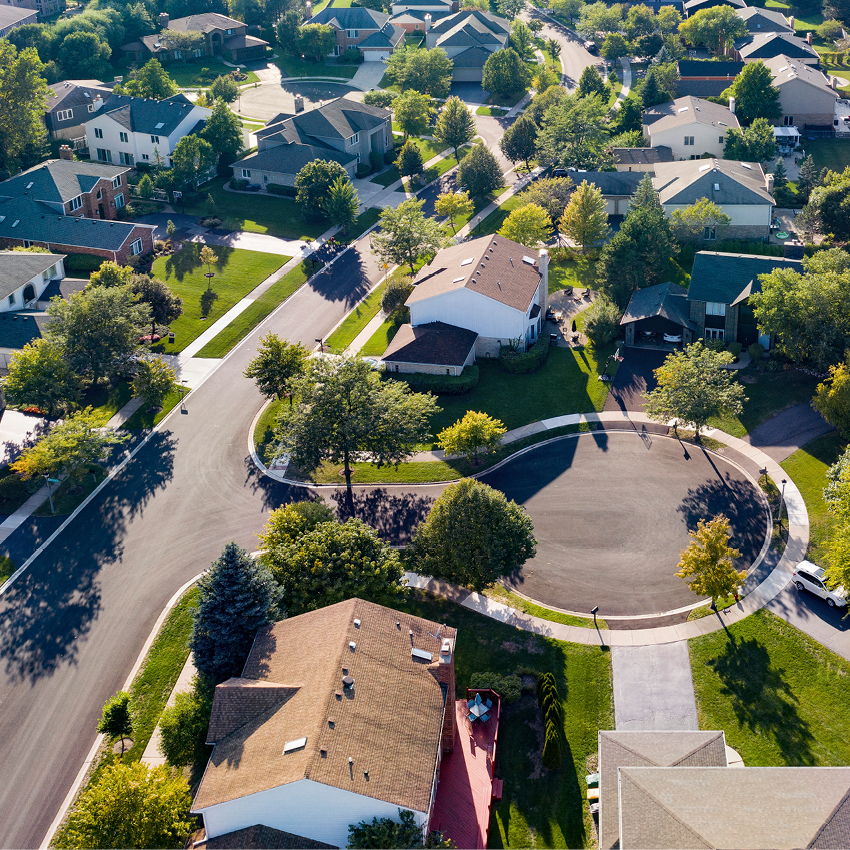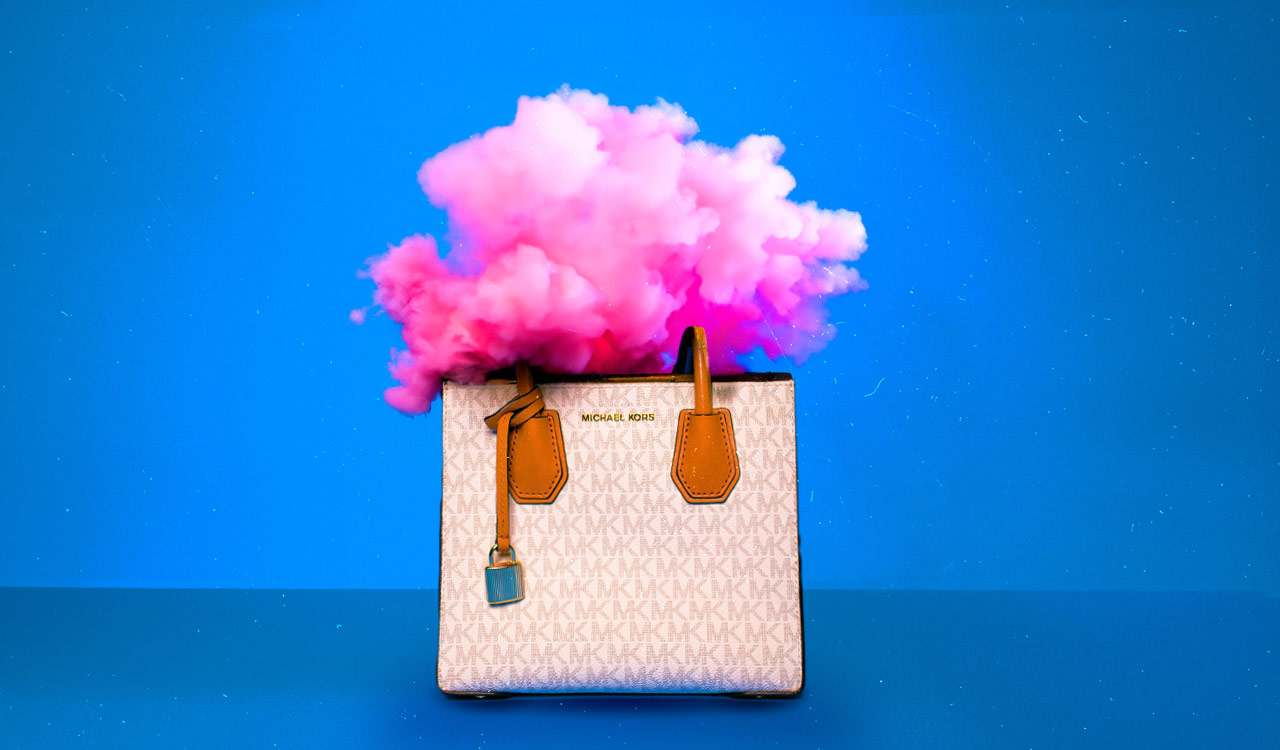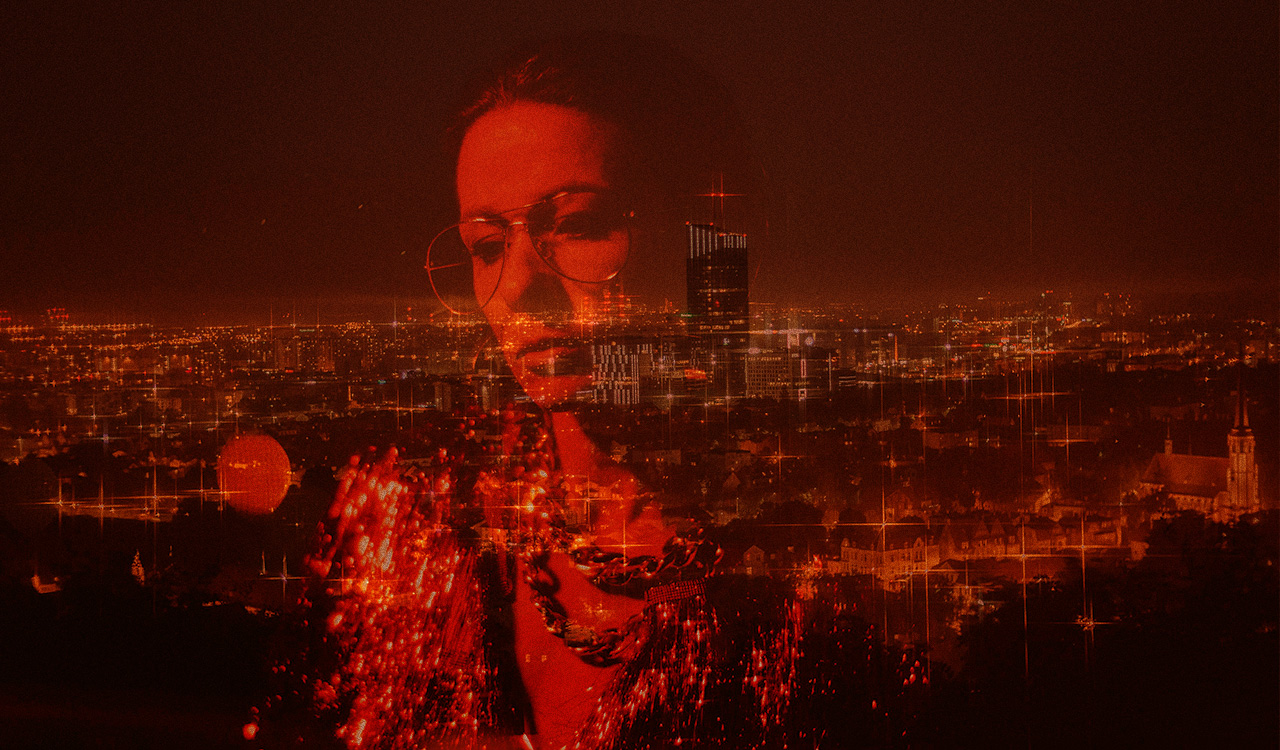Suburban Stories
In our post-pan world, the choices of where and how we spend our money have changed. The inequities of our American culture are stark. In spite of Covid, the stock market is up. Some Americans are doing just fine. Any of us with Fortune 50 stock holdings are richer today than we were a year ago. We may not be buying fashion or going on vacations, but we are revisiting our homes and our kitchens. Suburban contractors are busy; Home Depot, Tractor Supply (a personal favorite) and Ace Hardware are all booming. The wait time for furniture, much less backup generators, is long. Visit any well-heeled suburb and you\’ll see the trucks, from pickups to delivery vehicles, real evidence of a vibrant economy. Our contractor hasn\’t had a day off in months and took three months to deposit the first check I gave him. His new work toy is a video-equipped small drone that he uses to inspect roofs, gutters, chimneys, and trees. His joke was that his Xbox skills were finally paying off in the mastery of the drone controls — one happy dude.
[callout]Retail historically is the reflection of social change. We are in the throes of massive social change and can take the best from what we’ve learned to adapt to a positive future.[/callout]
On the flip side, the sad truth is that the disparity between the haves and have nots hasn\’t been this acute in over 50 years. My 30-plus years of volunteer work for Urban Pathways – NYC\’s largest homeless services organization – has brought that into acute focus. Our national systems have hit a major wrinkle; so many of the federal dollars spent on Covid relief have not gone to those most in need. There is a civil divide; the anger we saw in Washington on January 6 is not going away in the near term. The contrast between the haves and have nots is not safely hidden away behind a fence or inside a gated community; we live in a transparent society where everyone both inside and outside the fence is accountable.
Expats
The suburbs are undergoing a renaissance. Some of us urbanites have fled the city and are having to learn skills we once turned up our noses on. Mowing lawns, gardening, the rules of composting and more. The ritual trips to the mailbox, packages on the front steps, the home office and occasional fits of digital literacy issues (I now have four medical chart apps – all with separate usernames and passwords – no coordination of medical services, much less information – it\’s shameful). There is also the biweekly trip to the nearby Walmart or Target (and daily visits to Amazon), masked and sanitized shopping carts and mostly polite distancing. This is nothing new, but it\’s new to diehard urbanites.
The suburbs don\’t see widespread homelessness and the horrors broadcast on TVs and online outside their windows. Admittedly, the suburbs are one of the American bubbles. Do the suburbs have challenges? Sure. How many retired Americans are living in single family homes that need to be redesigned for a different lifestyle and more people? The next-gen kids have moved back. And the older kids with their own children have decamped the cities to live with their parents – at least for the short term. The temporary population shift from the cities to the suburbs will have profound effects on everything from schools to retail offerings. The legacy of the new suburbs will be finding common ground among different cultural tastes and behaviors.
Are We Ever Going Back?
- Will Broadway or Lincoln Center ever reopen? Is the movie theater a 20th-century artifact? When is the next time you\’ll buy a formal gown? One of very tough questions is whether or when the entertainment industry is going to reopen. Actors, musicians and filmmakers have all been out of work for almost a year. BTS – the Korean K-Pop group can stage an online concert for millions, but what does Hannah Fairlight, my favorite Nashville artist do? Here\’s a thought: How could retail tap into the out-of-work creative community to create experiences worth having in store?
- As well reported in The Robin Report, the American shopping mall industry is on the ropes. Their blind investment in dying retail brands is more than sad; it\’s shortsighted. Their focus should be on reinvention, not doing financial deals. With the arrival of urban refugees, developers can speed up their transformations to make a mall matter to a new segment of consumers.
There are some bright retail lights. Edge of city complexes are very viable if the focus is on the hybrid of analog and digital worlds. Walmart, Target, Macy\’s and others all have new small store formats in development. The store has permission to get smaller and more local. Trend spotting skills have improved: We know the differences in needs and tastes between Dallas and Austin, much less Boston, and we have the technology to support it.
- High-tech hygienic dressing rooms are being tested in corners of the world. Garments can be efficiently sanitized whether they are going in and out of that dressing room or returned online.
- Think catalog showrooms for the 21st century. Shop in person for durable goods for the experience and rely on online fulfillment. That hybrid model works well with furniture, home goods, appliances, toys, athletic supplies, tools and more.
- \” When shopping in store for seasonal selections, key in on the experience and transform it into entertainment – exactly what retail has been missing.
- Parking lots have BOPIS systems in place and can also be staging grounds for local water and charging stations for cars and RV — think mobile trailer/shipping containers. At many PGA AND NASCAR events sections of the parking lots have been transformed into mobile shopping malls – a modern-day shopping carnival show.
- The retail brokerage industry is finally being transformed from analog to digital – shorter, more flexible leases; Crocs and Canada Goose could share the same space based on seasonality.
- The store fitting and fixturing industry has been overdue for overhaul. With changes in depreciation schedules (kiss that five-year window goodbye) the reinvention of trial and what it means to recycle take on new meanings.
- The crossover between the tradeshow industry and retail finally happens where booths (or pop-ups) are designed for two-year lifespans and can be refreshed and moved dozens of times.
End Game
Many of us have been on an enforced pause, examining what makes us happy and healthy. The pause may (or may not) trigger lasting changes. Can we kiss processed foods goodbye? Can we eat and sleep better? Can we make our mates and children more comfortable? And yes, the dog pounds of America are emptying – a good thing for Chewy and Petco. From shopping behavior to personal values, the pandemic has revealed both the crisis and opportunity.
Please understand this mantra: There is no return to normal. Retail historically is the reflection of social change. We are in the throes of massive social change and can take the best from what we\’ve learned to adapt to a positive future. As change accelerated over the past 11 months, we need to use our ingenuity and resilience to accelerate the move forward. Let\’s face the challenges and use this crisis to rethink our future.




